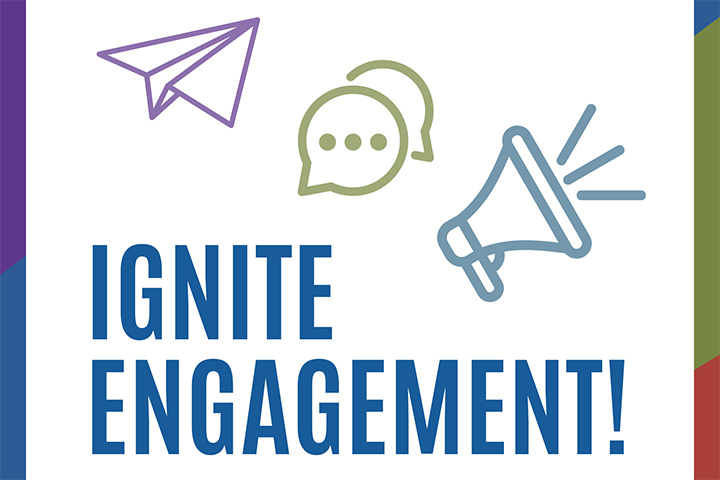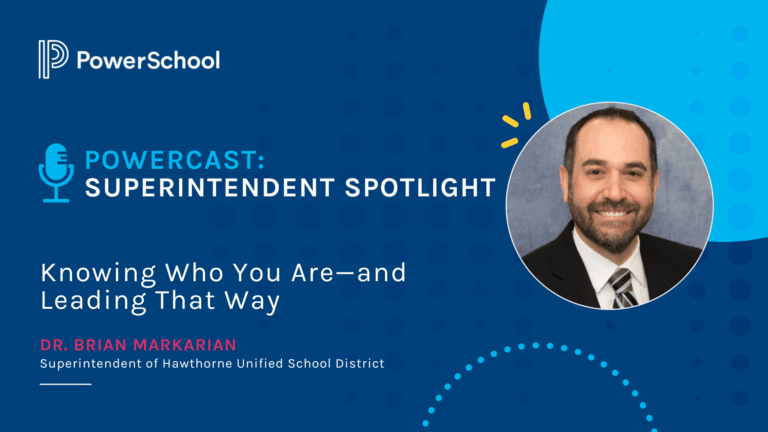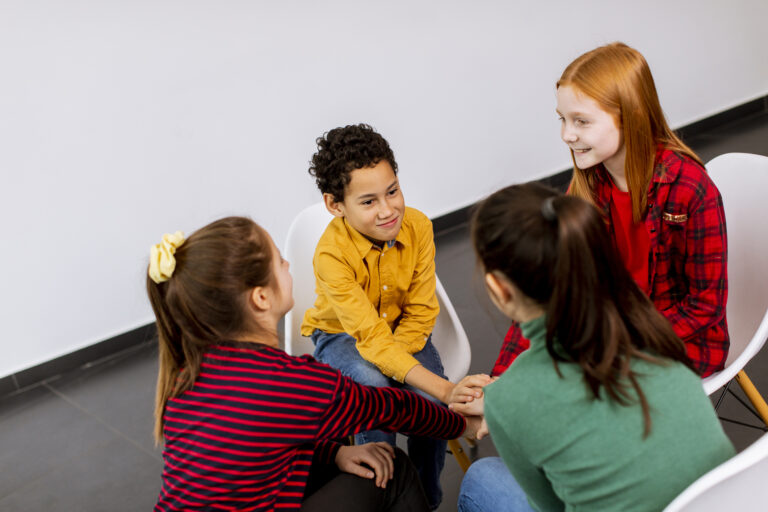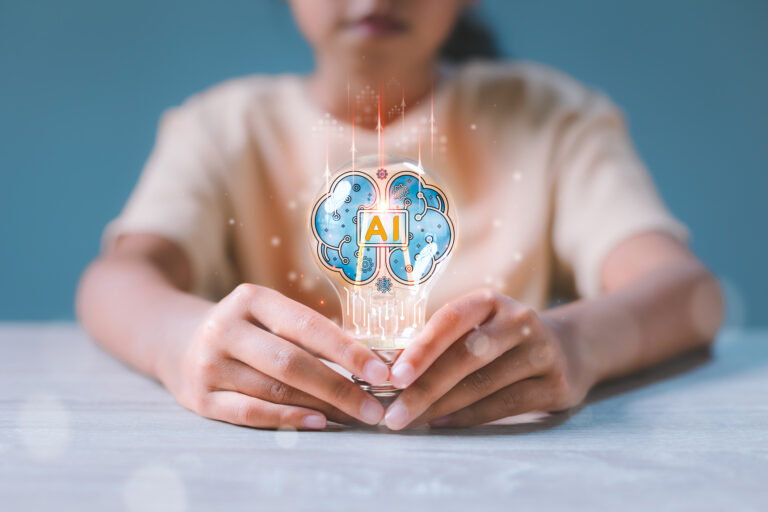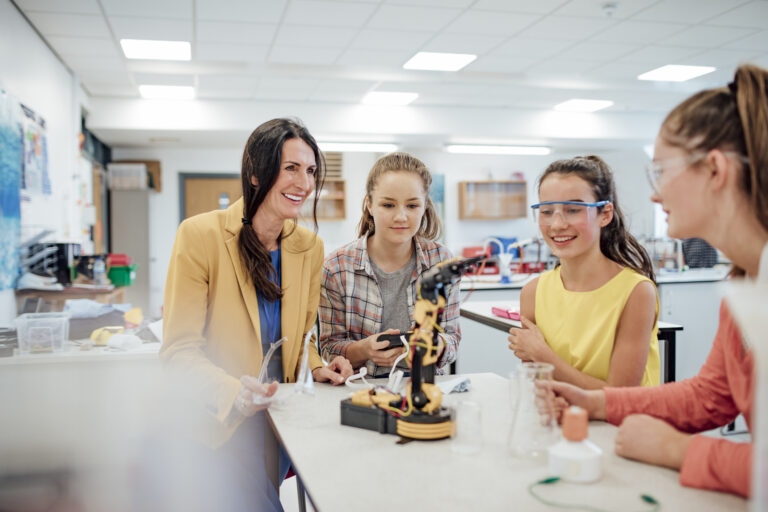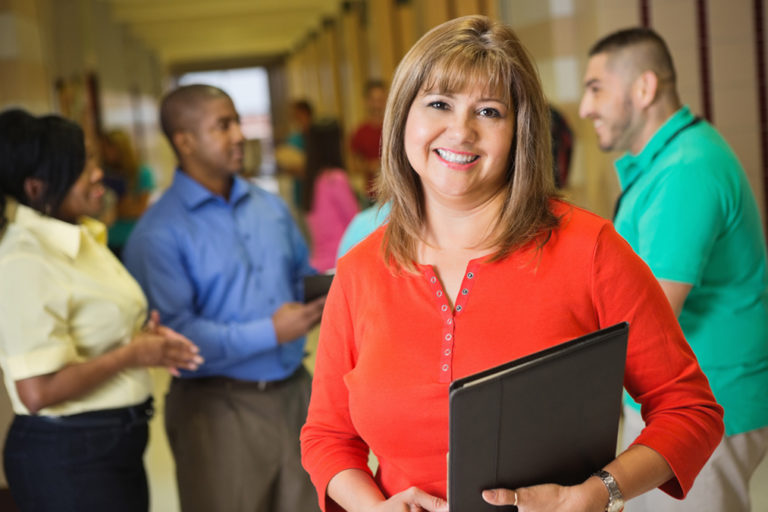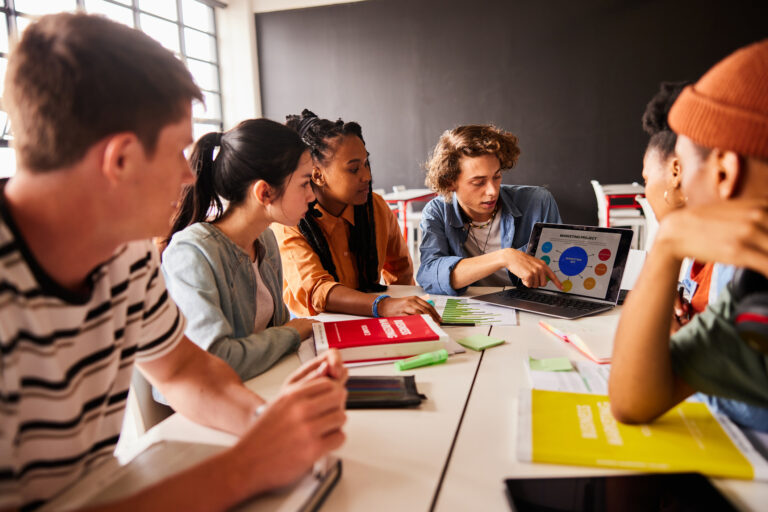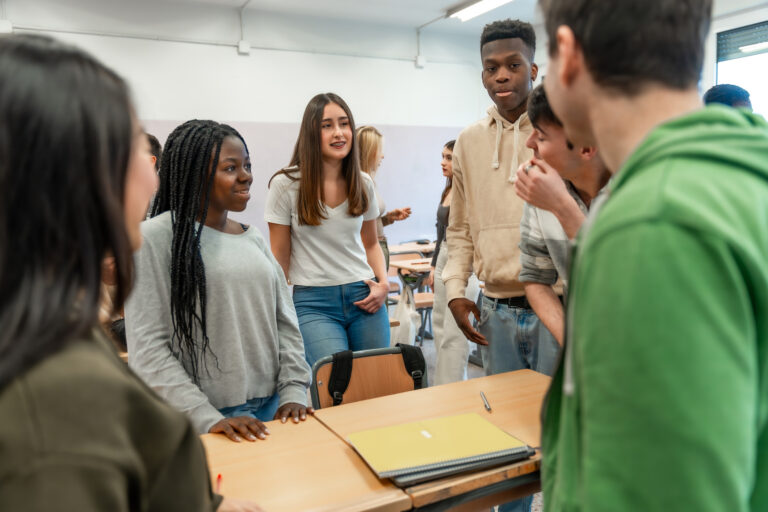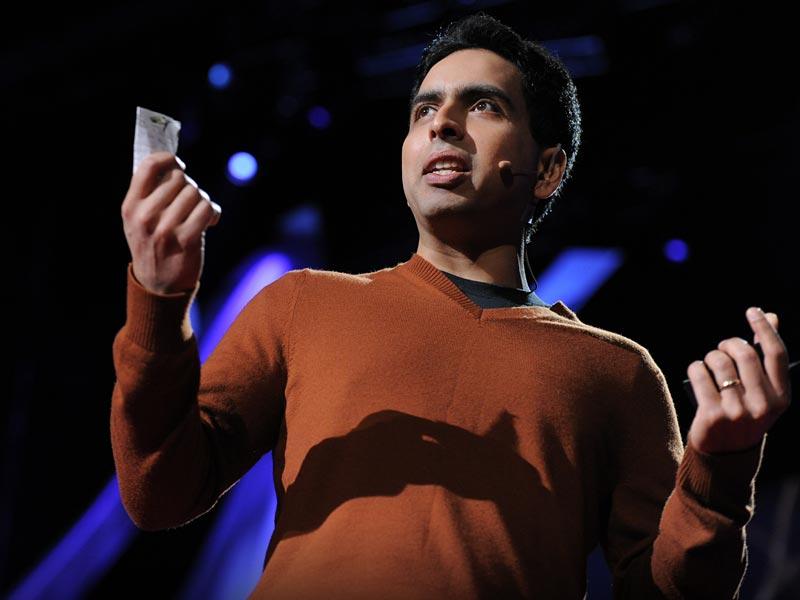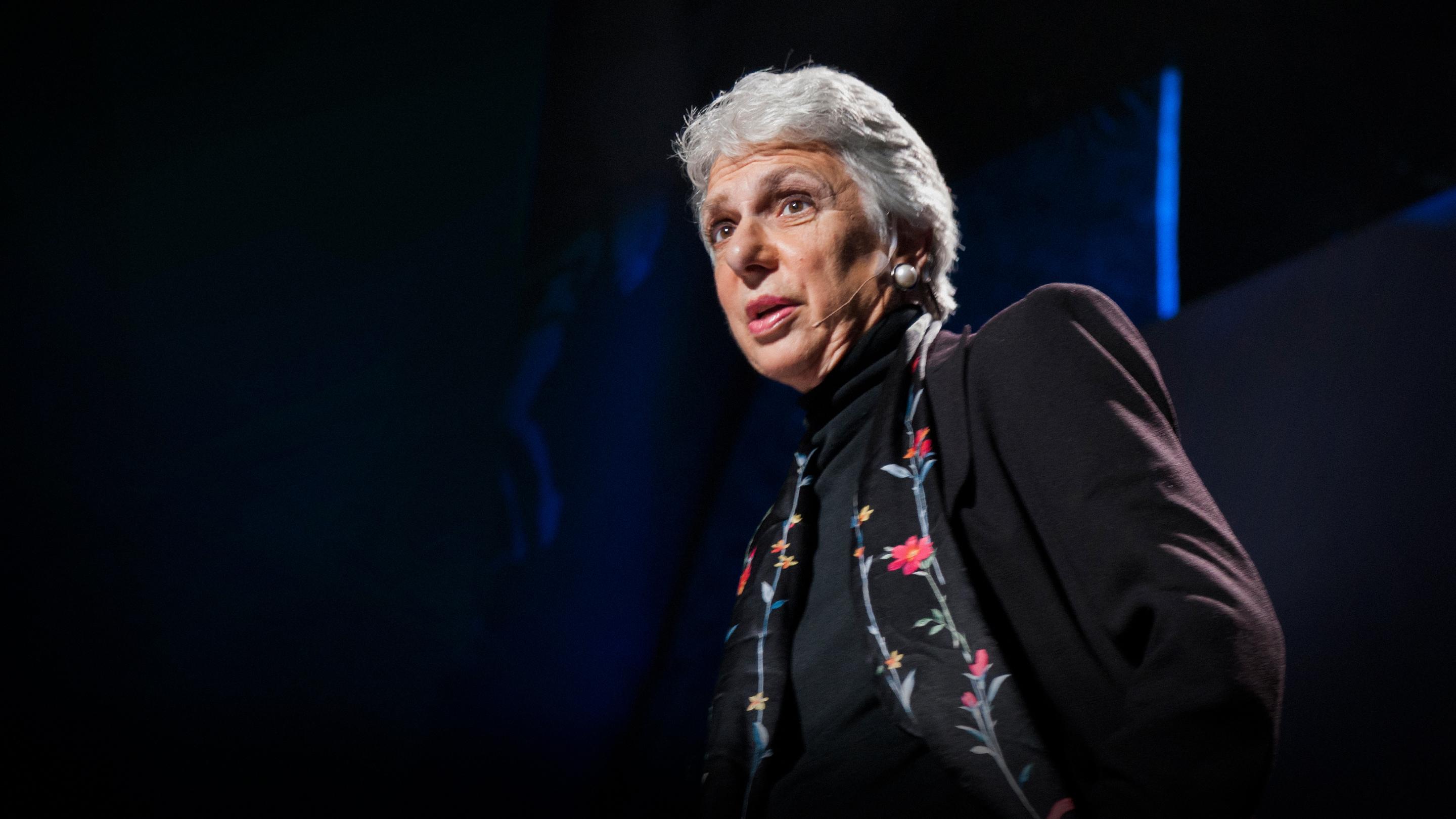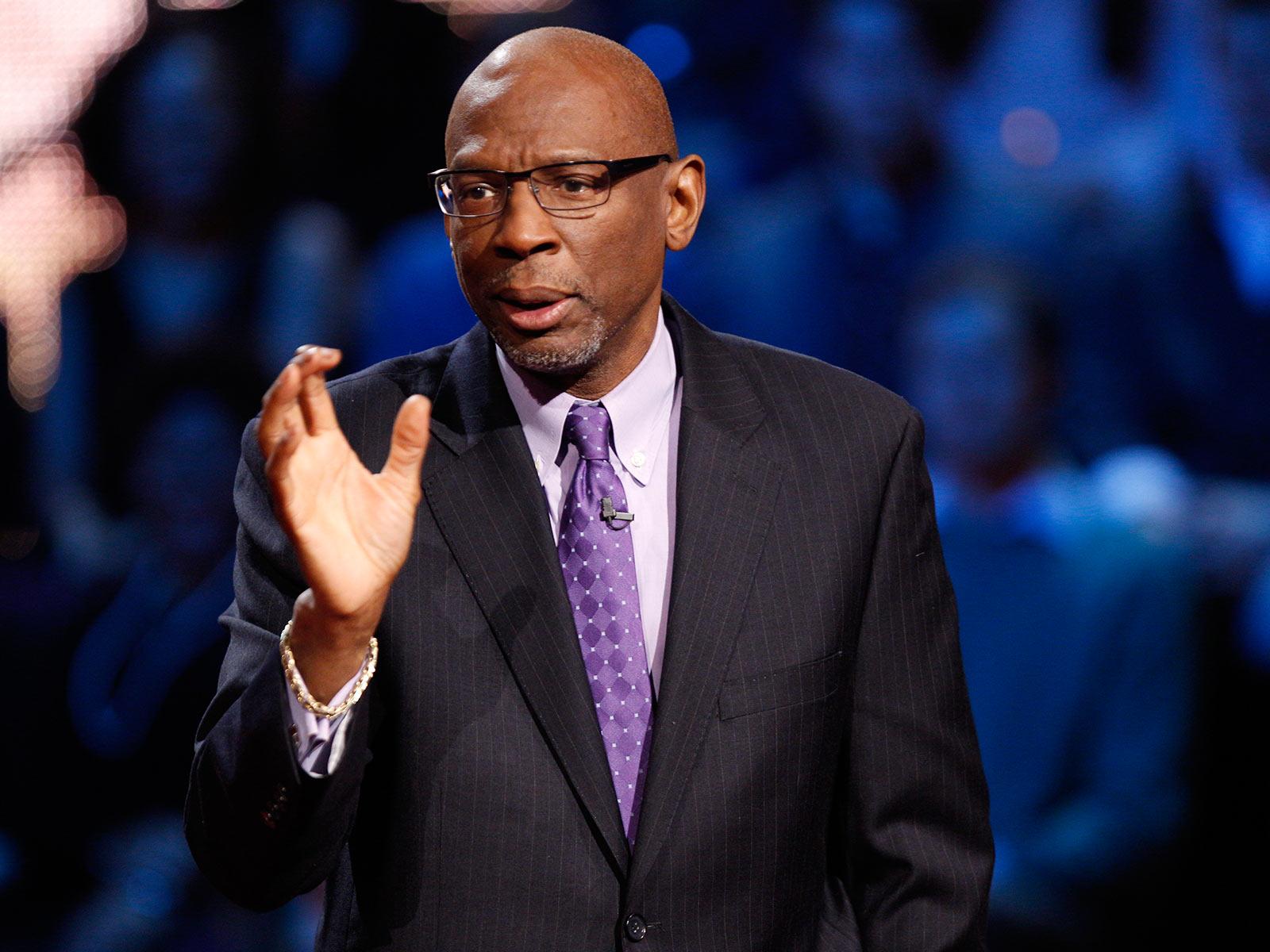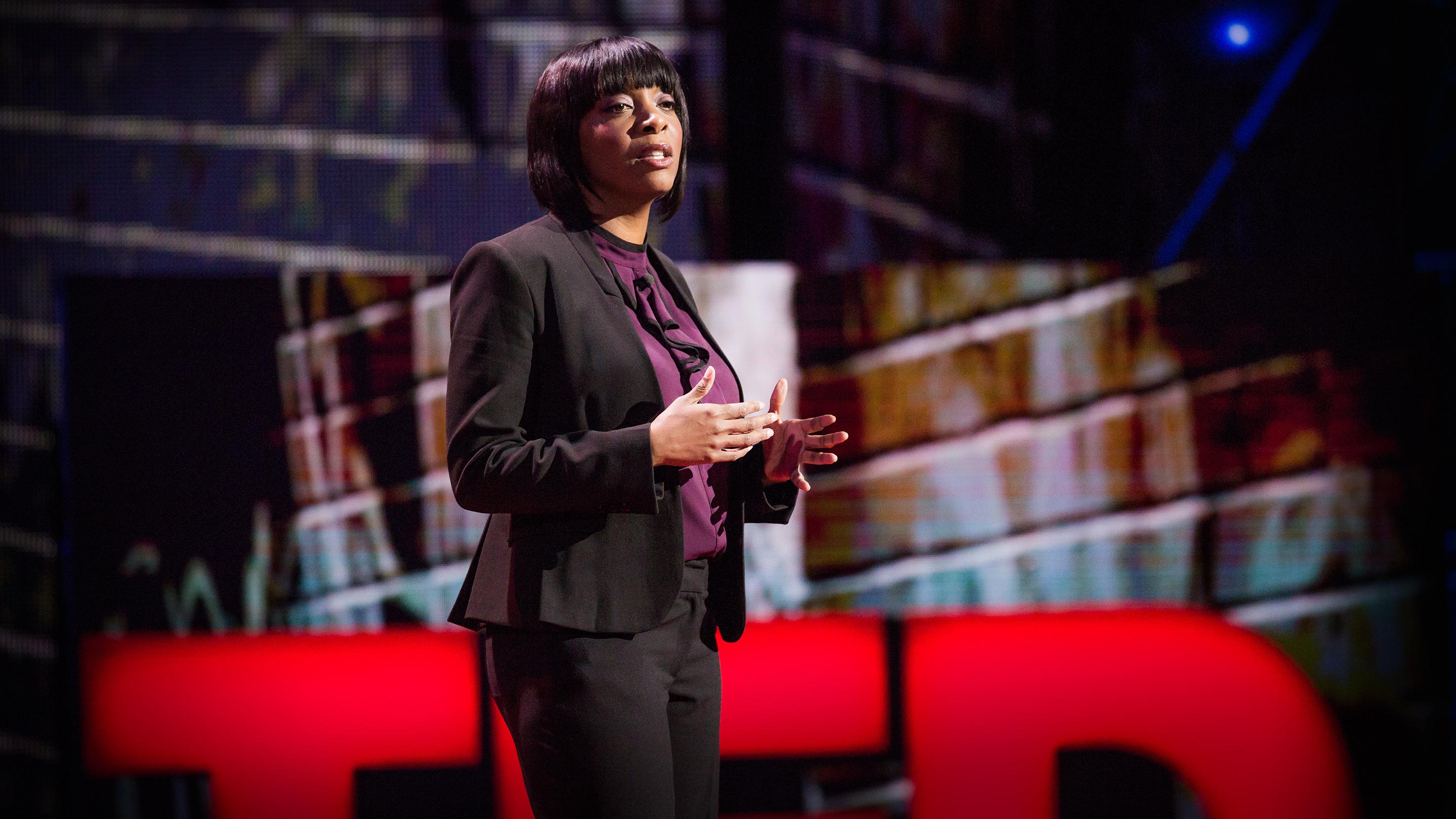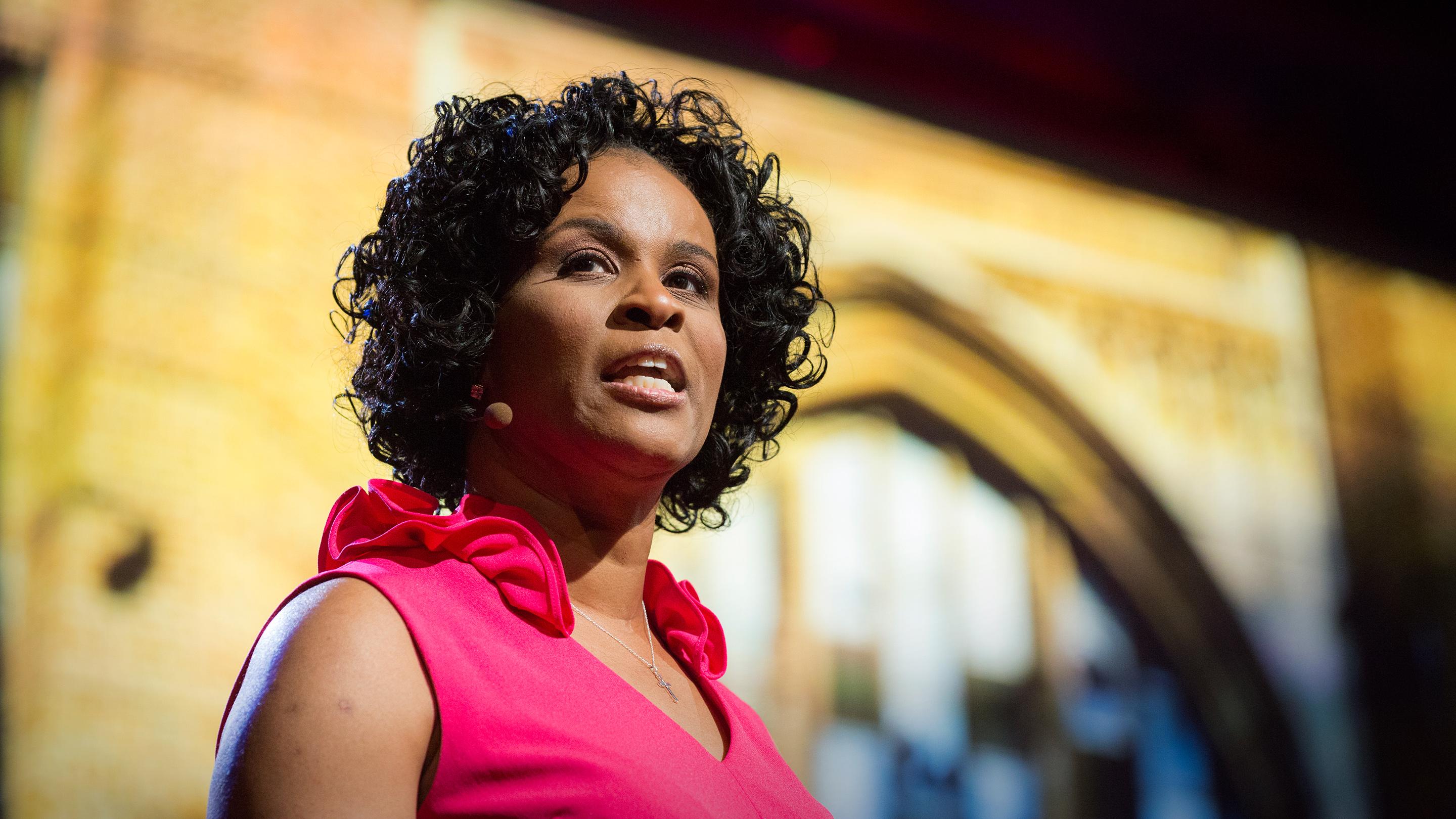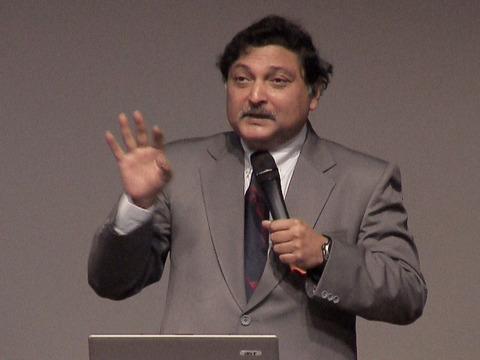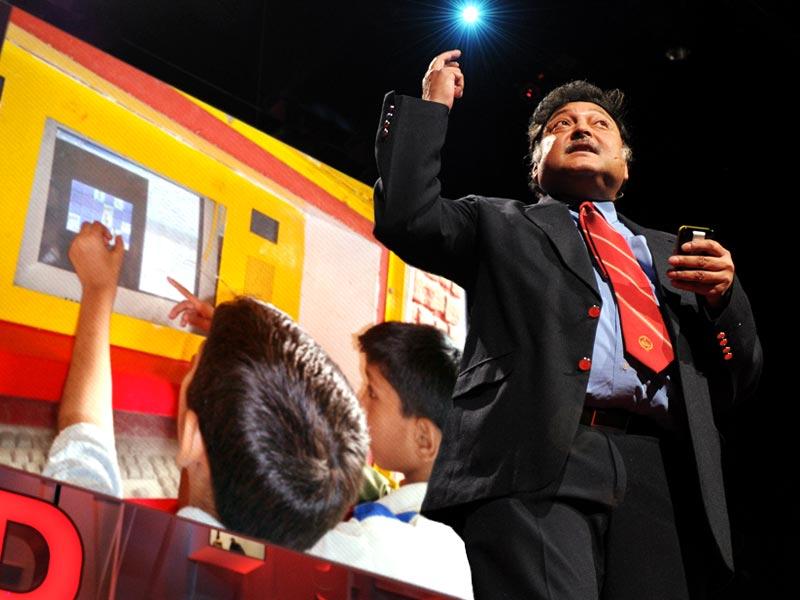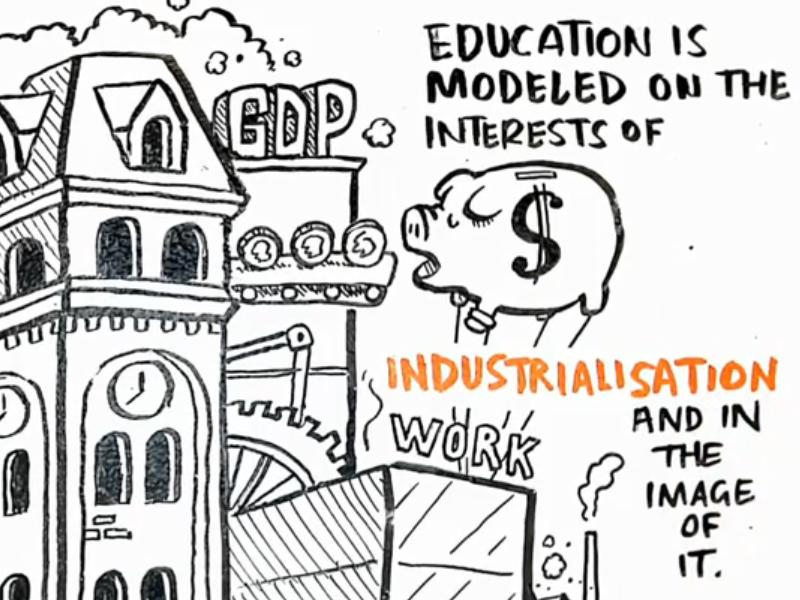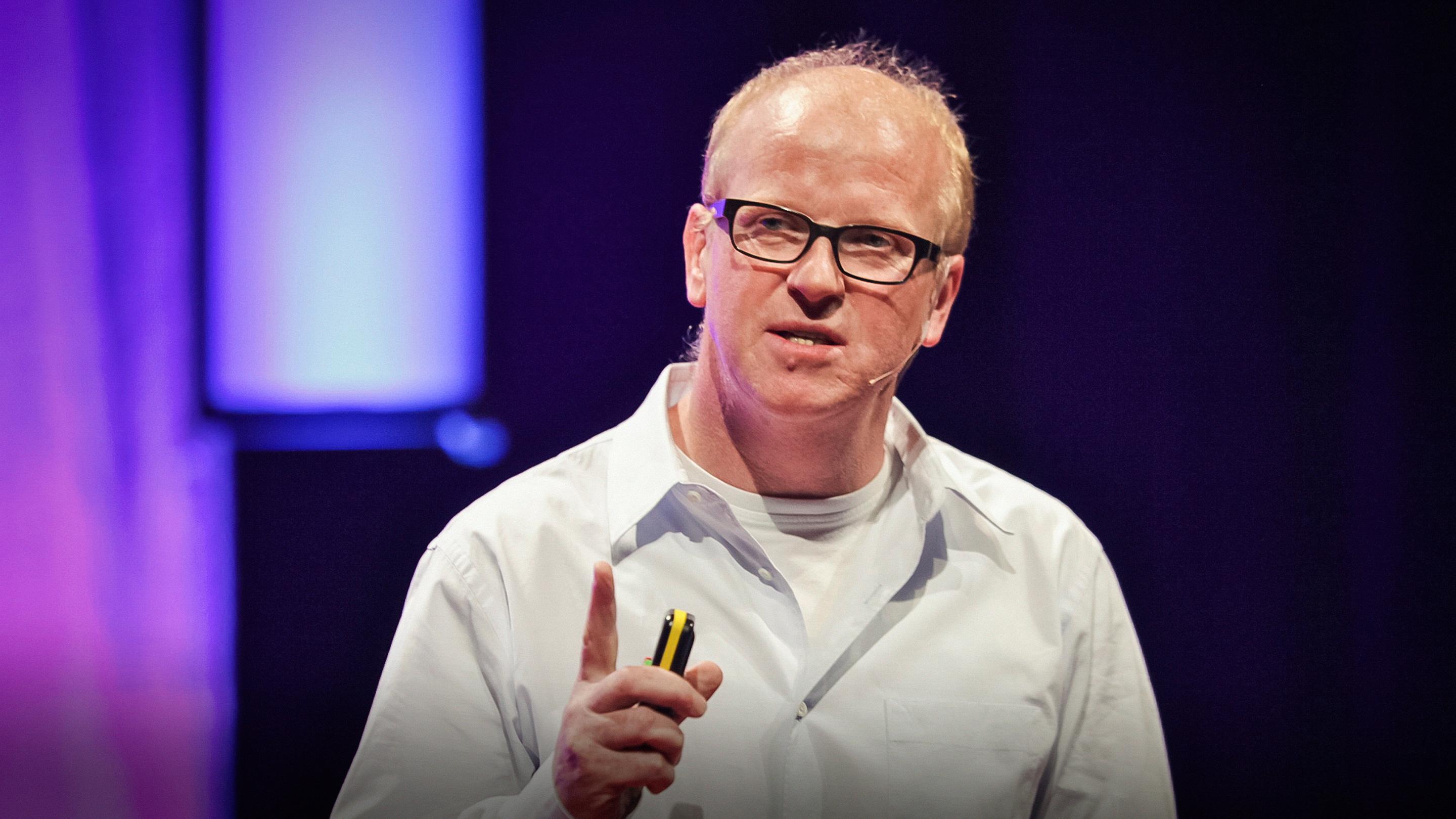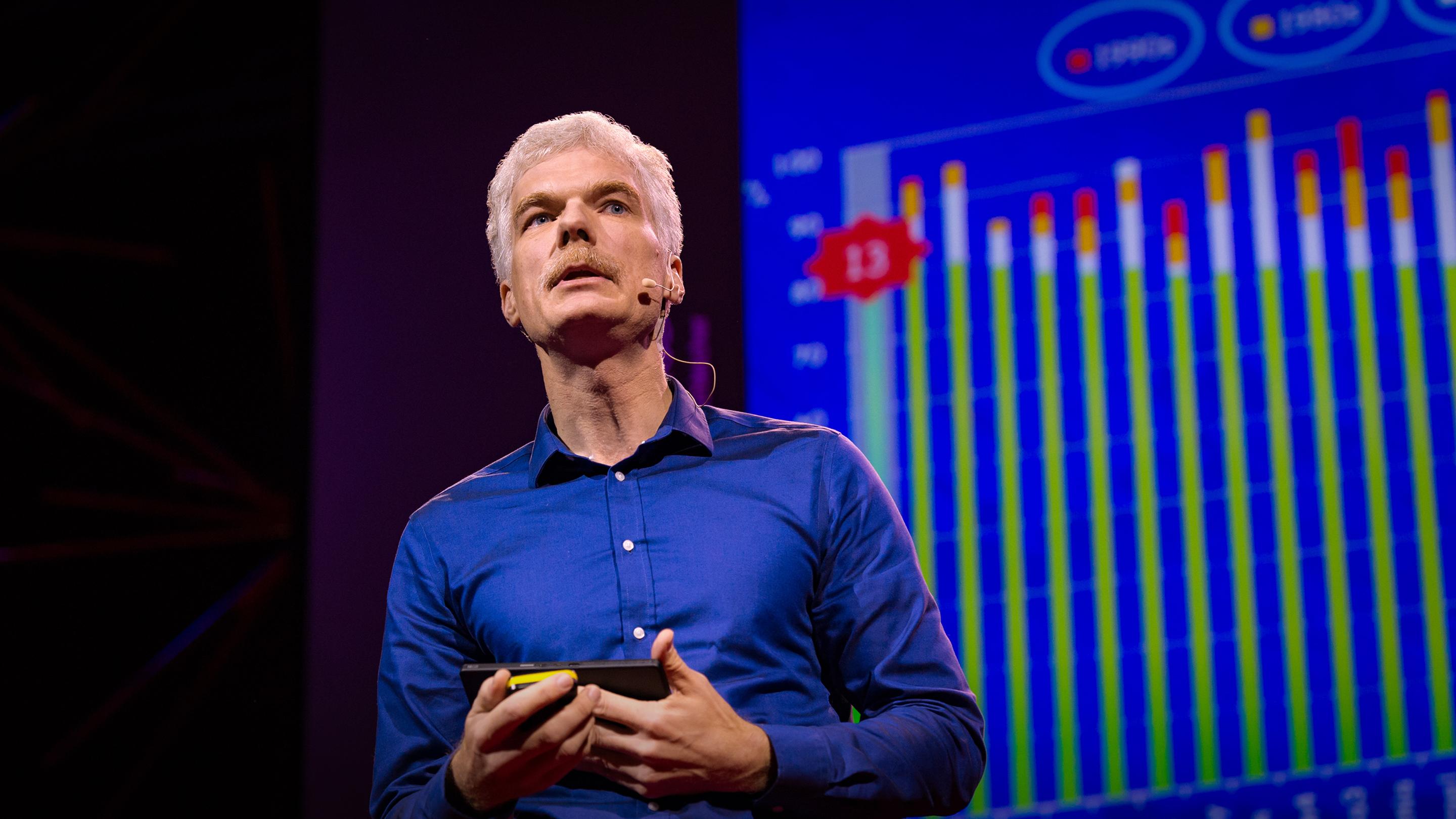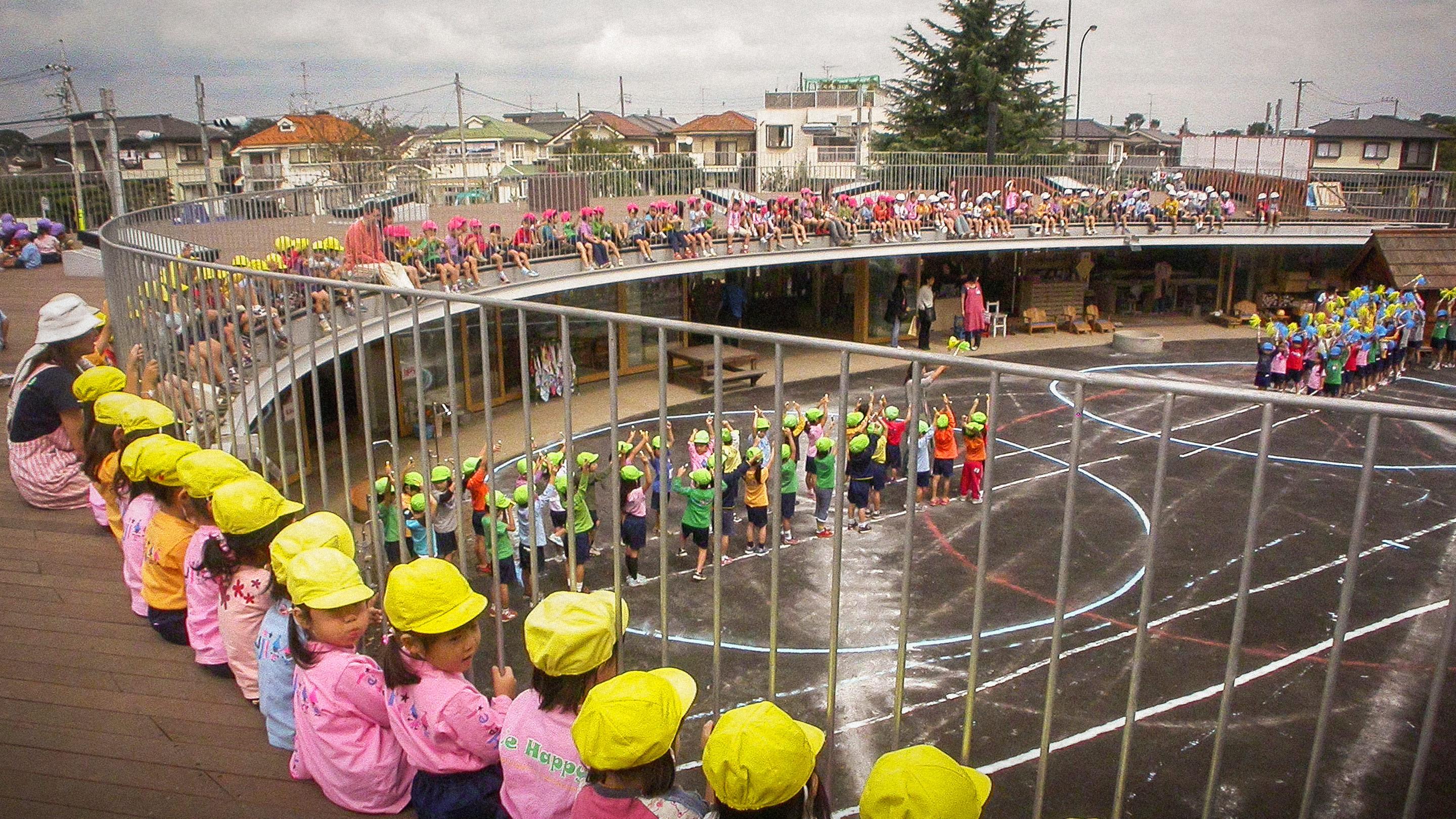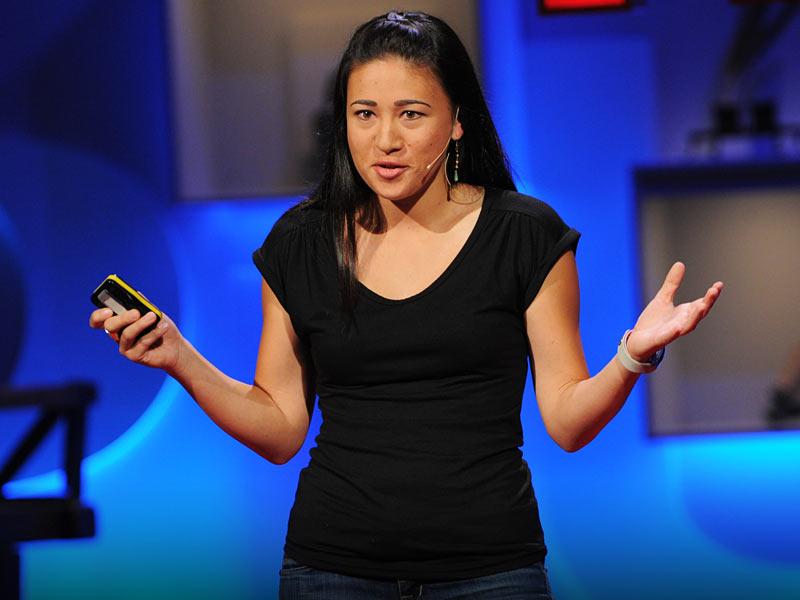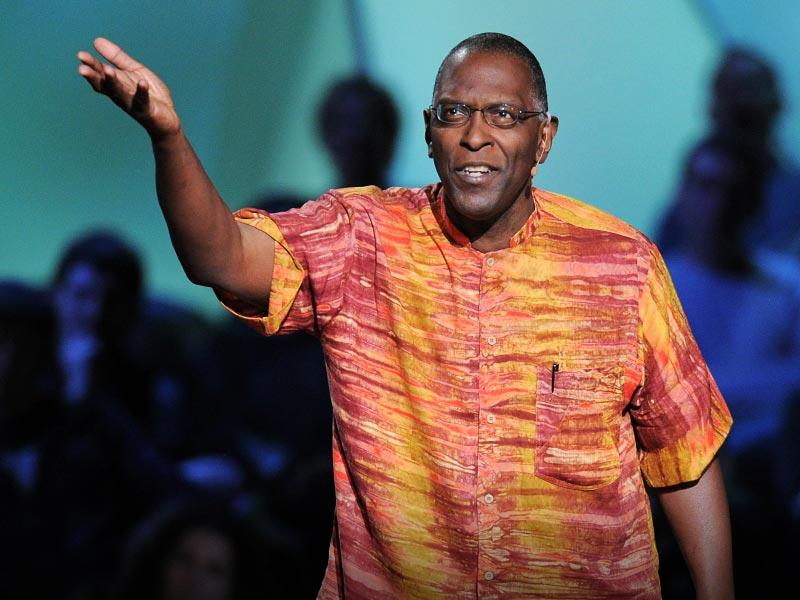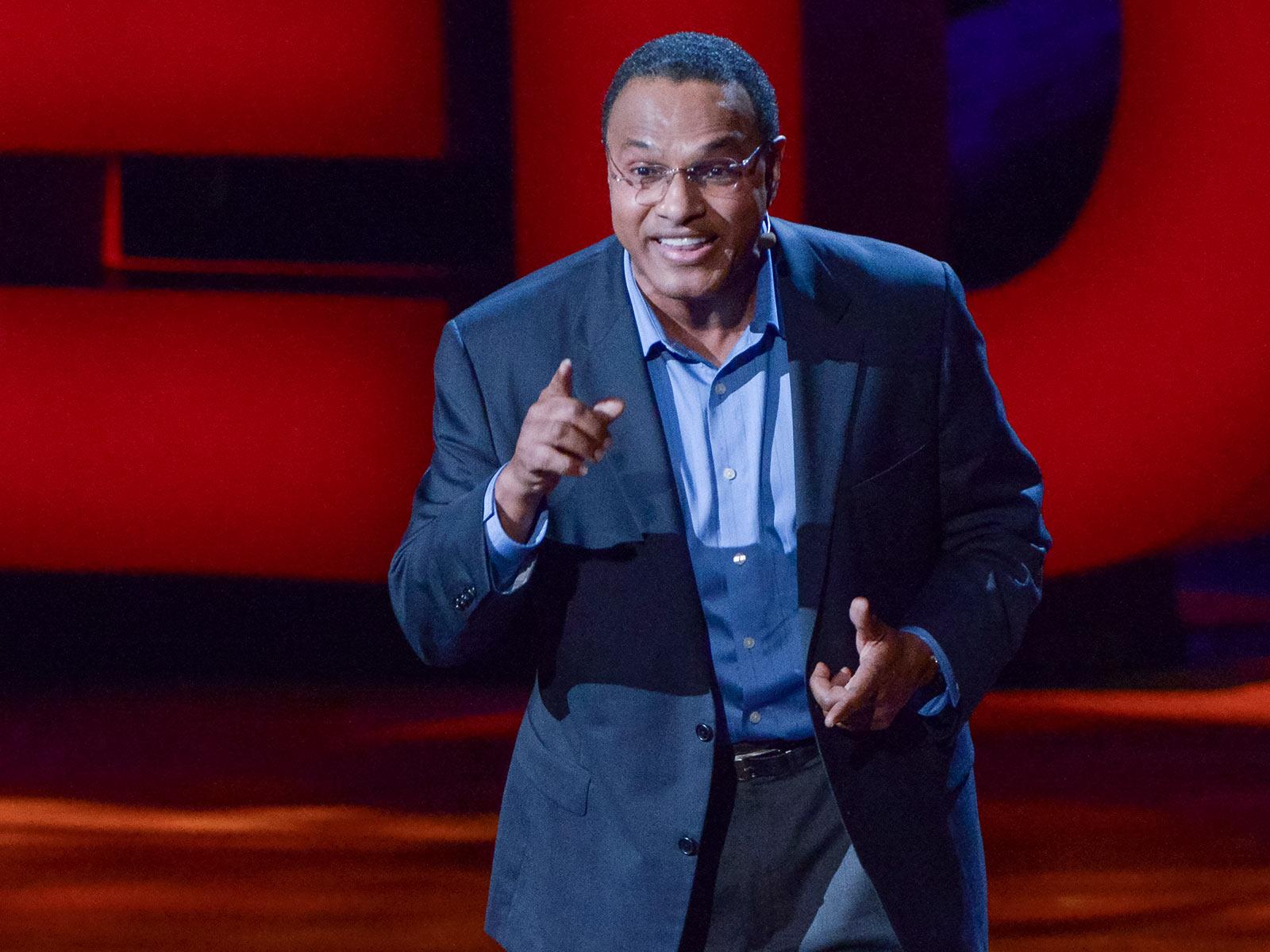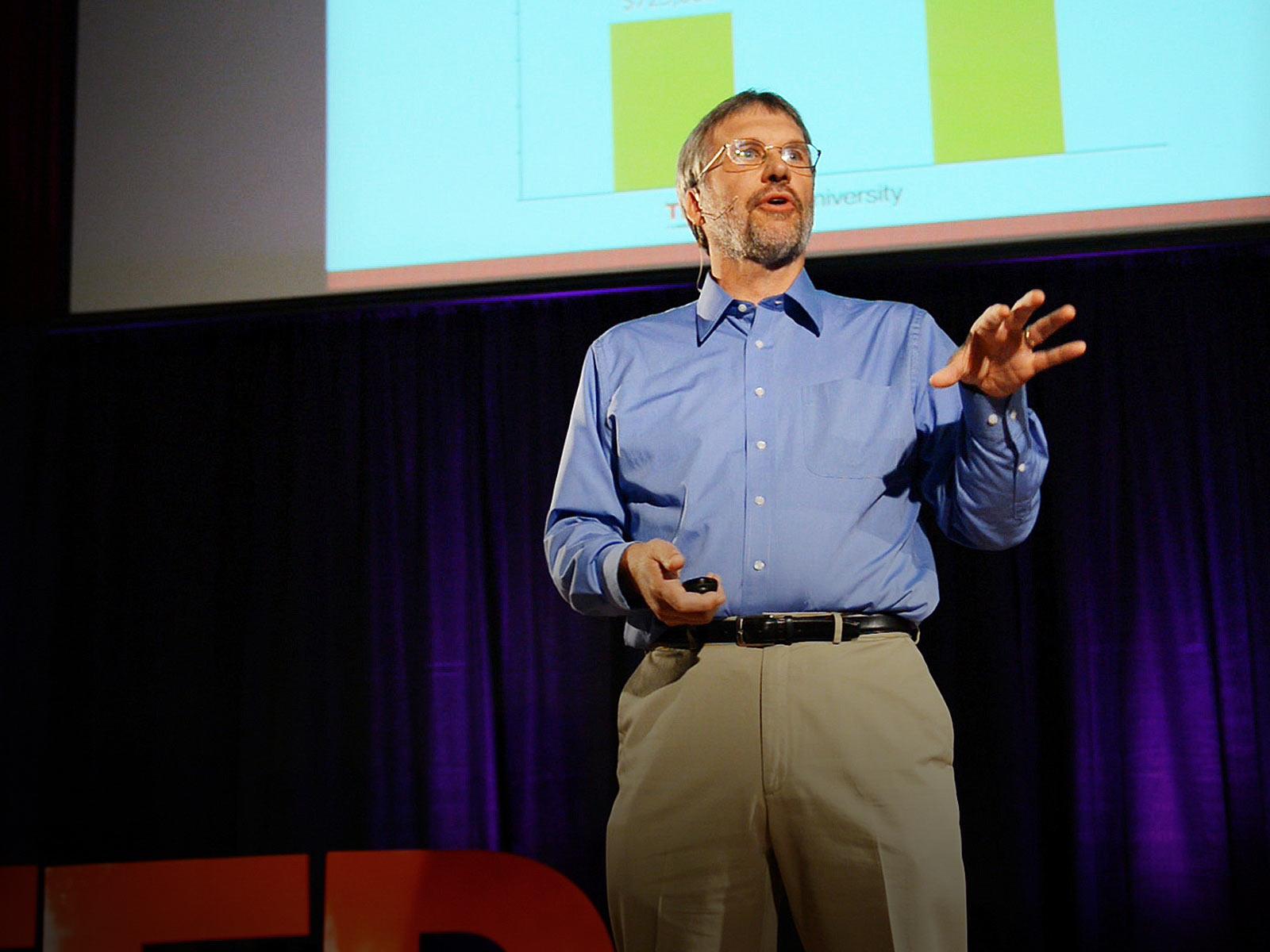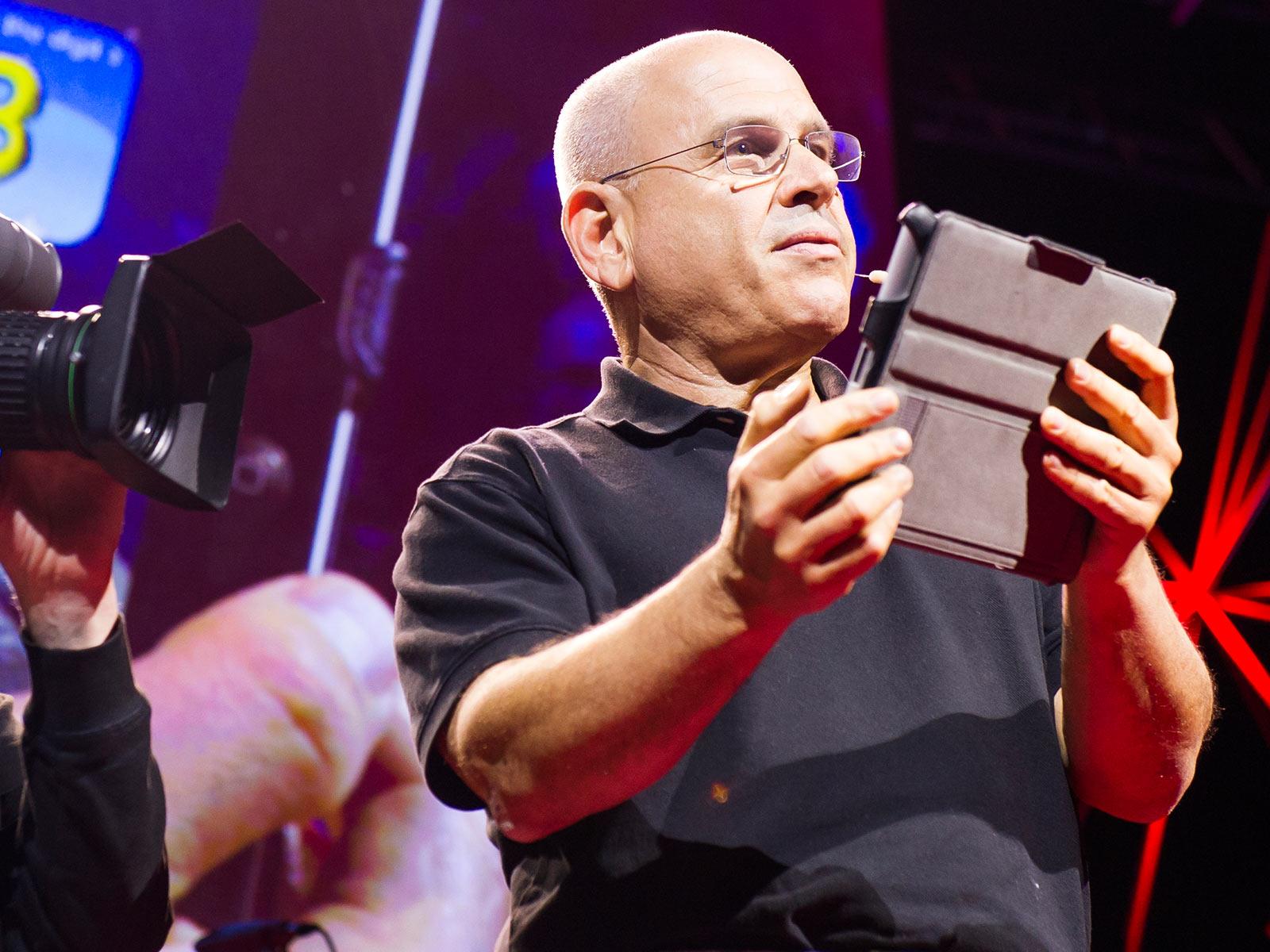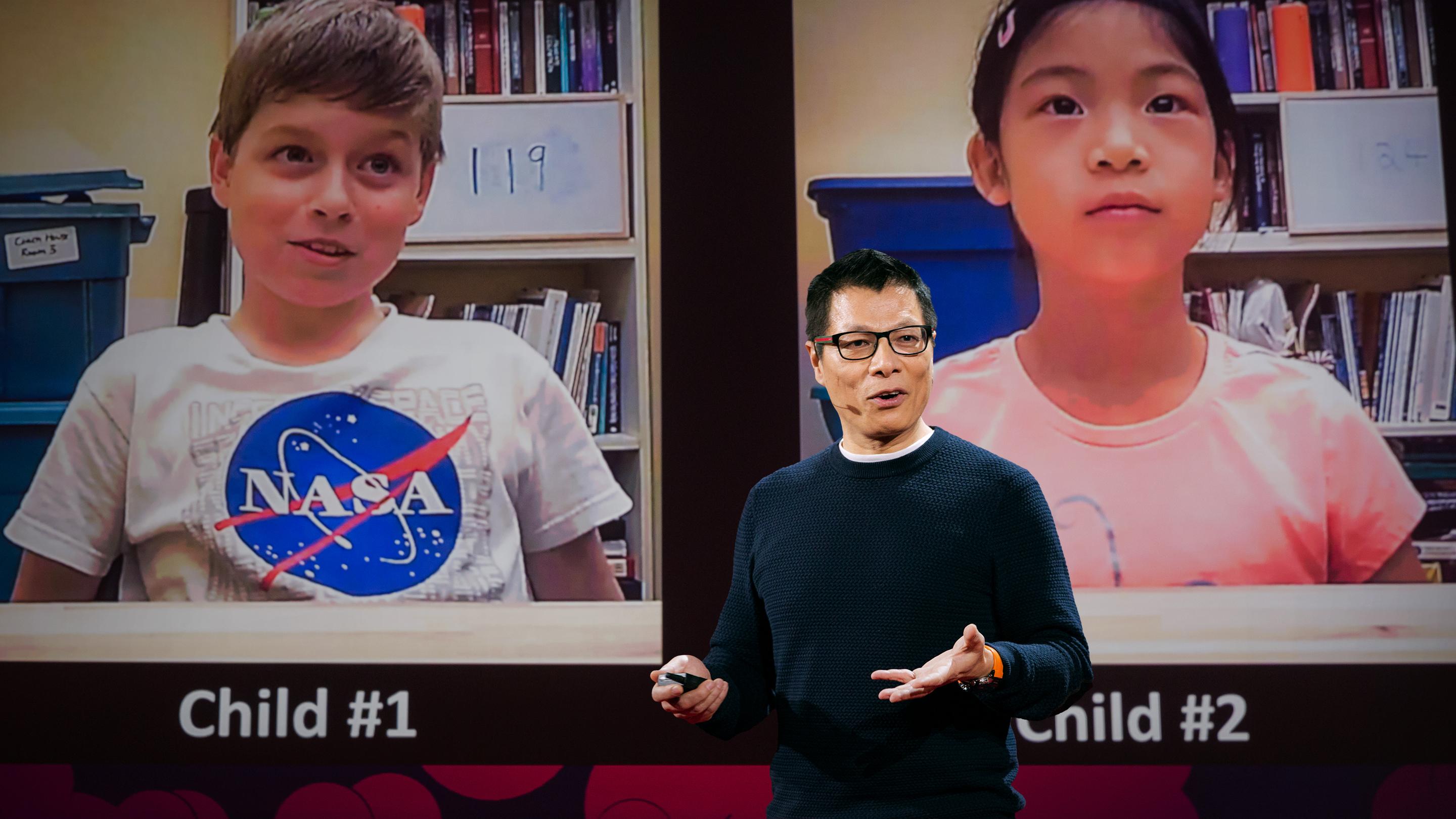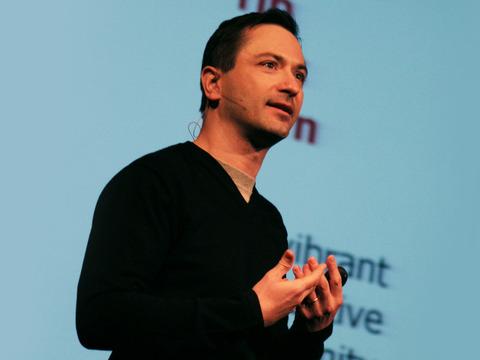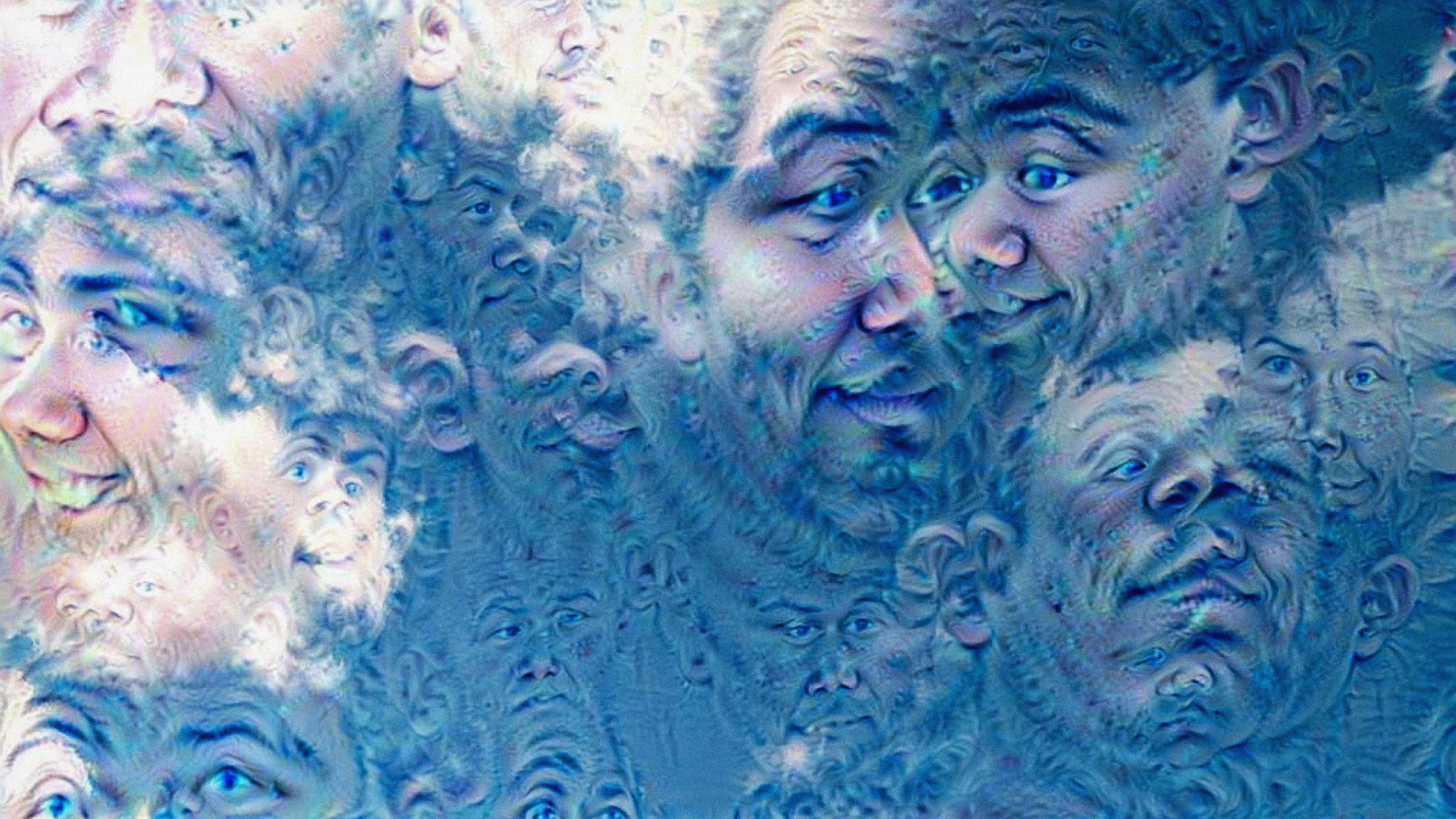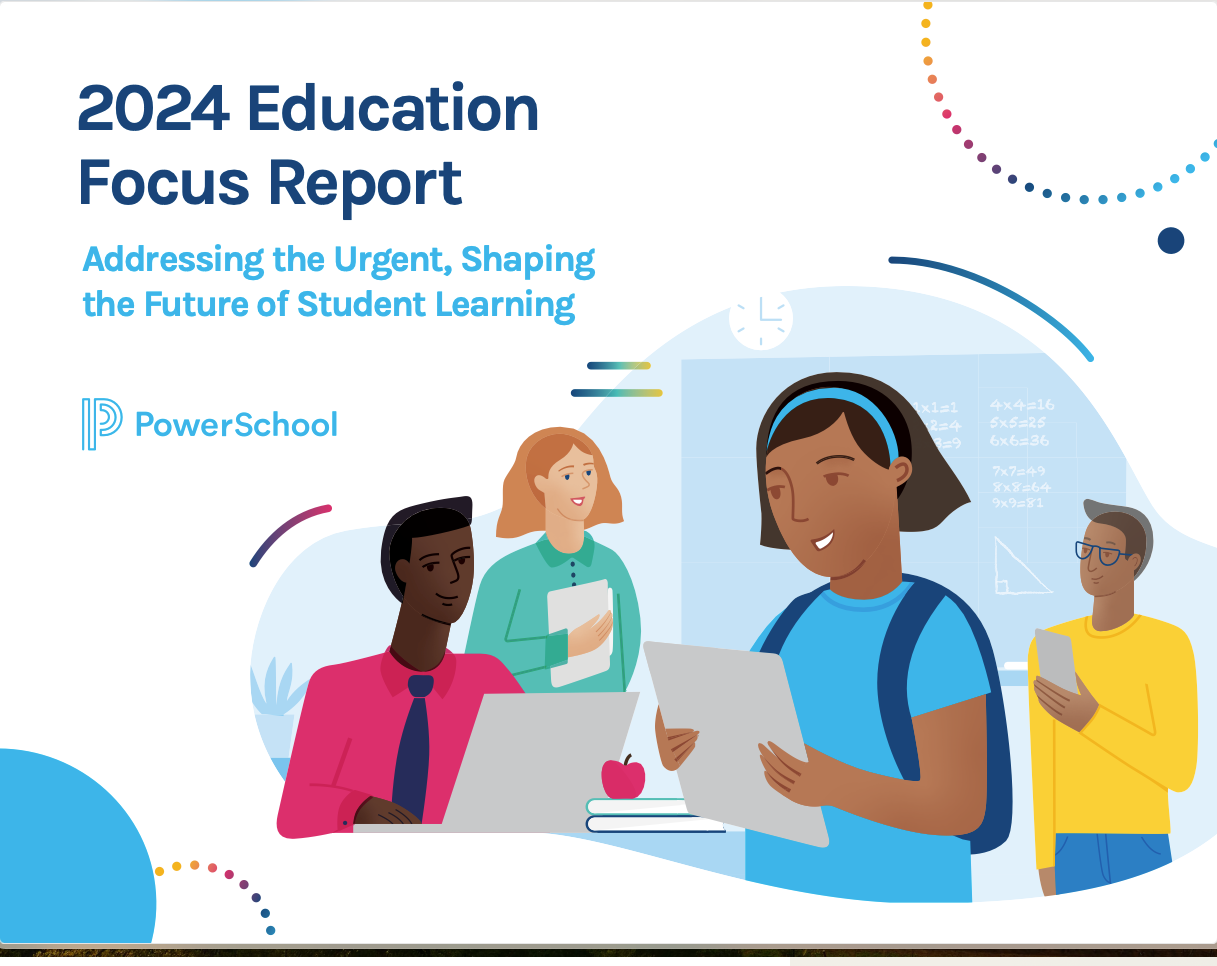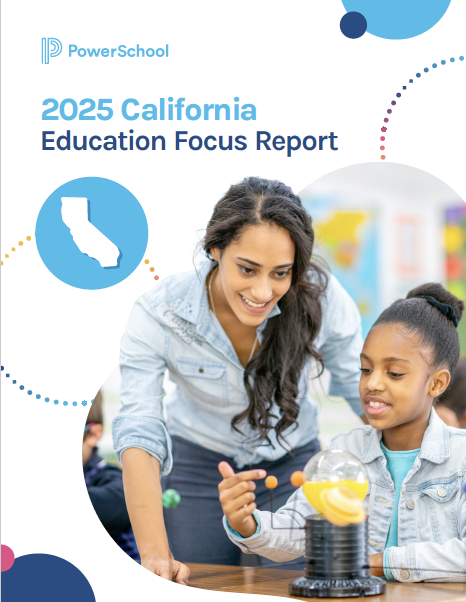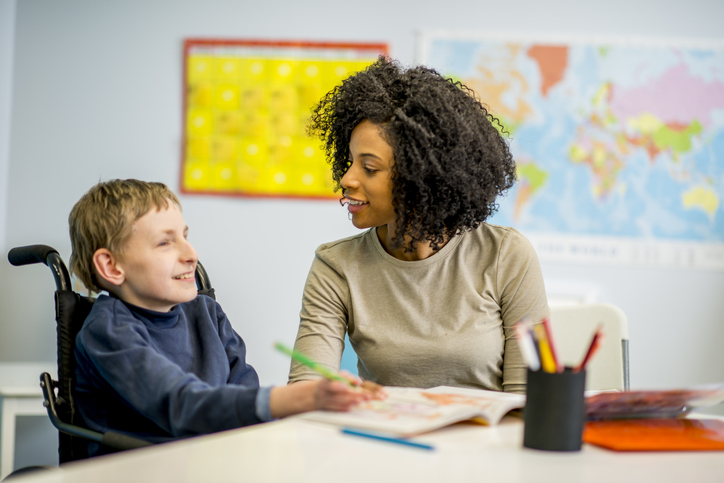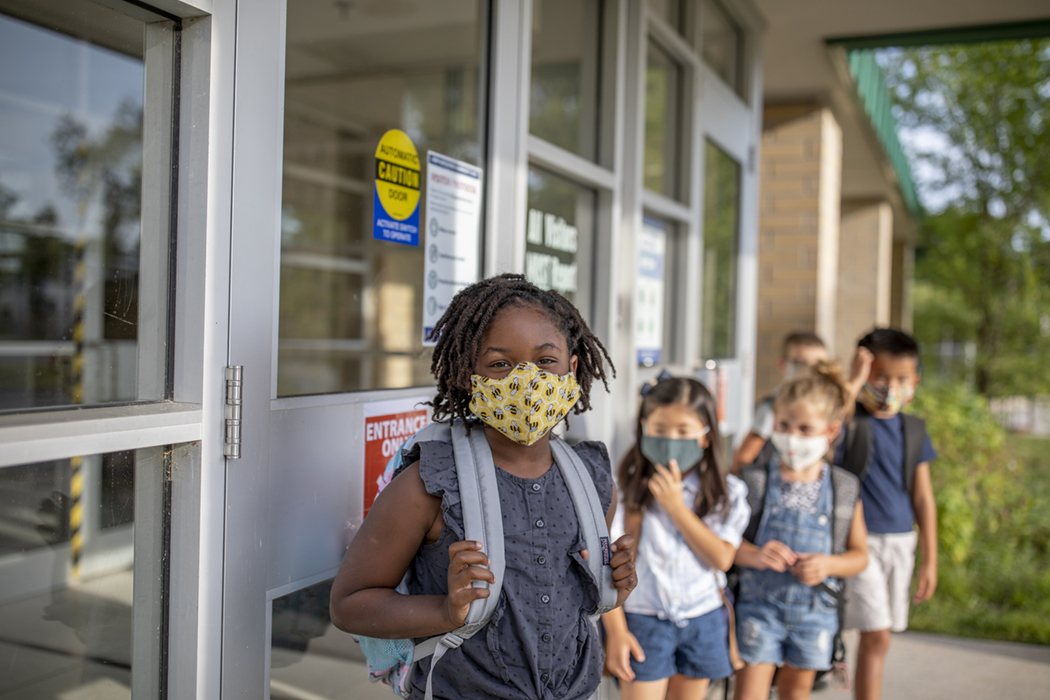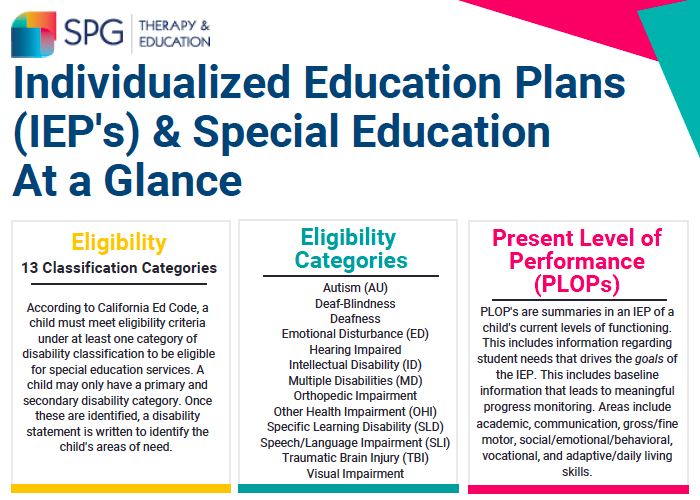These education-focused TED talks aim to answer the question: “As a country, how can we better inspire our students — and support our educators?”
Sal Khan: Let’s use video to reinvent education
Salman Khan talks about how and why he created the remarkable Khan Academy, a carefully structured series of educational videos offering complete curricula in math and, now, other subjects. He shows the power of interactive exercises, and calls for teachers to consider flipping the traditional classroom script — give students video lectures to watch at home, and do “homework” in the classroom with the teacher available to help.
Liz Coleman: A call to reinvent liberal arts education
Bennington president Liz Coleman delivers a call-to-arms for radical reform in higher education. Bucking the trend to push students toward increasingly narrow areas of study, she proposes a truly cross-disciplinary education — one that dynamically combines all areas of study to address the great problems of our day.
Geoffrey Canada: Our failing schools. Enough is enough!
Why, why, why does our education system look so similar to the way it did 50 years ago? Millions of students were failing then, as they are now — and it’s because we’re clinging to a business model that clearly doesn’t work. Education advocate Geoffrey Canada dares the system to look at the data, think about the customers and make systematic shifts in order to help greater numbers of kids excel.
Michelle Obama: A passionate, personal case for education
Speaking to an audience of students, US First Lady Michelle Obama reminds each one to take their education seriously — and never take it for granted. This new, brilliant generation, she tells us, is the one that could close the gap between the world as it is and the world as it should be.
Nadia Lopez: Why open a school? To close a prison
Our kids are our future, and it’s crucial they believe it themselves. That’s why Nadia Lopez opened an academic oasis in Brownsville, Brooklyn, one of the most underserved and violent neighborhoods in New York — because she believes in every child’s brilliance and capabilities. In this short, energizing talk, the founding principal of Mott Hall Bridges Academy (and a star of Humans of New York) shares how she helps her scholars envision a brighter future for themselves and their families.
Linda Cliatt-Wayman: How to fix a broken school? Lead fearlessly, love hard
On Linda Cliatt-Wayman’s first day as principal at a failing high school in North Philadelphia, she was determined to lay down the law. But she soon realized the job was more complex than she thought. With palpable passion, she shares the three principles that helped her turn around three schools labeled “low-performing and persistently dangerous.” Her fearless determination to lead — and to love the students, no matter what — is a model for leaders in all fields.
Sugata Mitra: Kids can teach themselves
Speaking at LIFT 2007, Sugata Mitra talks about his Hole in the Wall project. Young kids in this project figured out how to use a PC on their own — and then taught other kids. He asks, what else can children teach themselves?
Sugata Mitra: The child-driven education
Education scientist Sugata Mitra tackles one of the greatest problems of education — the best teachers and schools don’t exist where they’re needed most. In a series of real-life experiments from New Delhi to South Africa to Italy, he gave kids self-supervised access to the web and saw results that could revolutionize how we think about teaching.
Bill Gates: Mosquitos, malaria and education
Ken Robinson: Changing education paradigms
Charles Leadbeater: Education innovation in the slums
Andreas Schleicher: Use data to build better schools
How can we measure what makes a school system work? Andreas Schleicher walks us through the PISA test, a global measurement that ranks countries against one another — then uses that same data to help schools improve. Watch to find out where your country stacks up, and learn the single factor that makes some systems outperform others.
Takaharu Tezuka: The best kindergarten you’ve ever seen
Emily Pilloton: Teaching design for change
Designer Emily Pilloton moved to rural Bertie County, in North Carolina, to engage in a bold experiment of design-led community transformation. She’s teaching a design-build class called Studio H that engages high schoolers’ minds and bodies while bringing smart design and new opportunities to the poorest county in the state.
John Hunter: Teaching with the World Peace Game
John Hardy: My green school dream
Freeman Hrabowski: 4 pillars of college success in science
At age 12, Freeman Hrabowski marched with Martin Luther King. Now he’s president of the University of Maryland, Baltimore County (UMBC), where he works to create an environment that helps under-represented students — specifically African-American, Latino and low-income learners — get degrees in math and science. He shares the four pillars of UMBC’s approach.
Timothy Bartik: The economic case for preschool
Shimon Schocken: The self-organizing computer course
Shimon Schocken and Noam Nisan developed a curriculum for their students to build a computer, piece by piece. When they put the course online — giving away the tools, simulators, chip specifications and other building blocks — they were surprised that thousands jumped at the opportunity to learn, working independently as well as organizing their own classes in the first Massive Open Online Course (MOOC). A call to forget about grades and tap into the self-motivation to learn.
Kang Lee: Can you really tell if a kid is lying?
Are children poor liars? Do you think you can easily detect their lies? Developmental researcher Kang Lee studies what happens physiologically to children when they lie. They do it a lot, starting as young as two years old, and they’re actually really good at it. Lee explains why we should celebrate when kids start to lie and presents new lie-detection technology that could someday reveal our hidden emotions.
Richard Baraniuk: The birth of the open-source learning revolution
In 2006, open-learning visionary Richard Baraniuk explains the vision behind Connexions (now called OpenStax), an open-source, online education system. It cuts out the textbook, allowing teachers to share and modify course materials freely, anywhere in the world.
Blaise Agüera y Arcas: How computers are learning to be creative
We’re on the edge of a new frontier in art and creativity — and it’s not human. Blaise Agüera y Arcas, principal scientist at Google, works with deep neural networks for machine perception and distributed learning. In this captivating demo, he shows how neural nets trained to recognize images can be run in reverse, to generate them.



